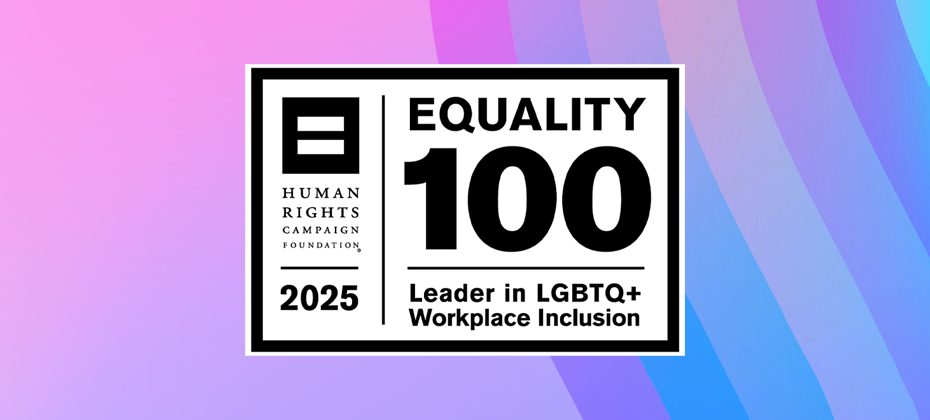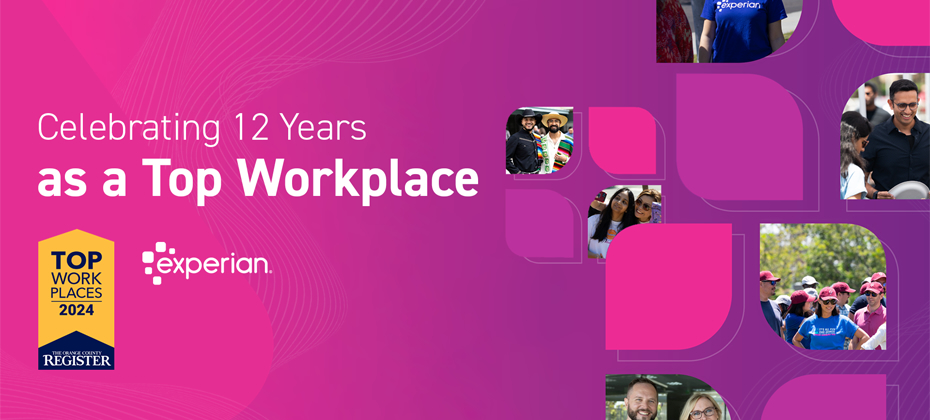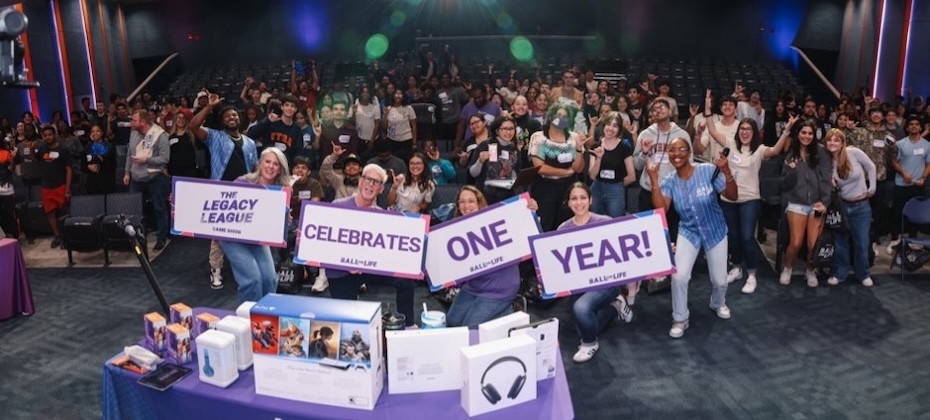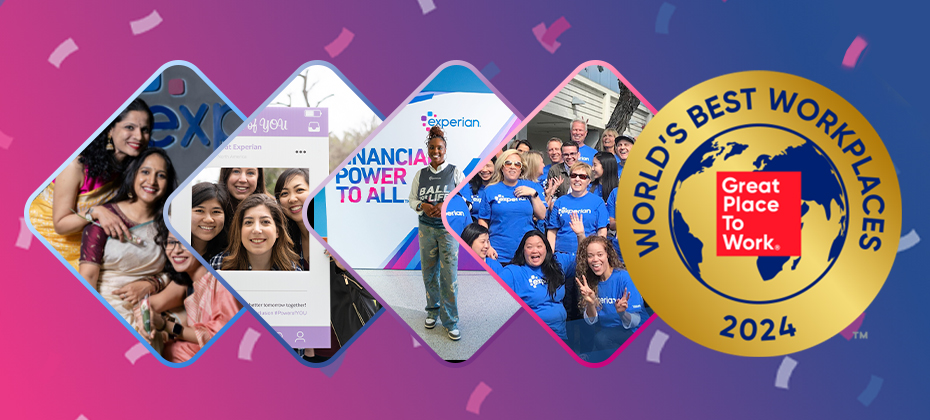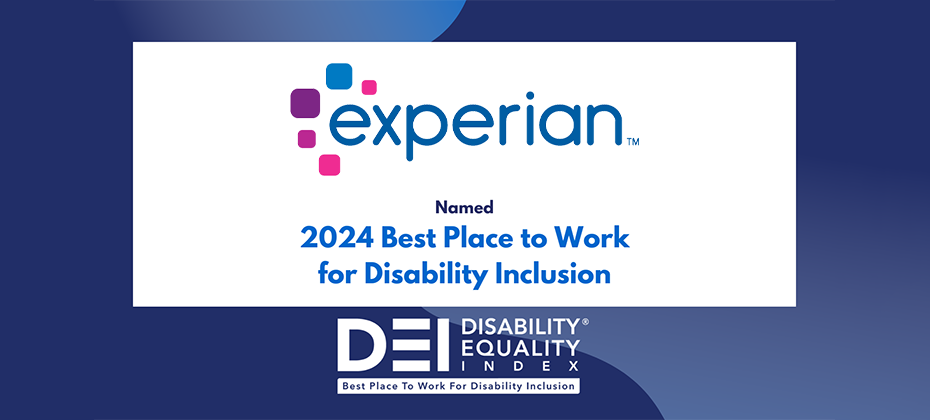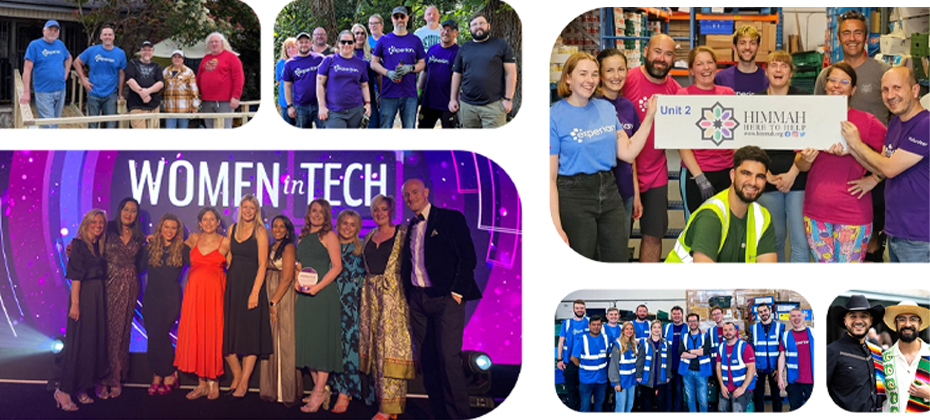At A Glance
At a Glance When an unknown printer took a galley of type and scrambled it to make a type 2ince the 1500s, when an unknown printer took a galley of type and scrambled it to make a type specimen book. It has survived not only five centuries, but also the leap into electronic typesetting, remaining essentially unchanged. It was popularised in the 1960s with the release ince the 1500s, when an unknown printer took a galley of type and scrambled it to make a type specimen book. It has survived not only five centuries, but also the leap into electronic typesetting, remaining essentially unchanged. It was popularised in the 1960s with the releaseince the 1500s, when an unknown printer took a galley of type and scrambled it to make a type specimen book. It has survived not only five centuries, but also the leap into electronic typesetting, remaining essentially unchanged. It was popularised in the 1960s with the releaseince the 1500s, when an unknown printer took a galley of type and scrambled it to make a type specimen book. It has survived not only five centuries, but also the leap into electronic typesetting, remaining essentially unchanged. It was popularised in the 1960s with the releaseince the 1500s, when an unknown printer took a galley of type and scrambled it to make a type specimen book. It has survived not only five centuries, but also the leap into electronic typesetting, remaining essentially unchanged. It was popularised in the 1960s with the release

The real-time economy is all around us. With the swipe of a finger, we can order a car, find a babysitter or make a mortgage payment.

Believe it or not, my personal journey as a woman in data science started with physics. I was always very curious by nature and tried to understand what happens around me. I studied for both a master’s in physics in Spain and a Ph.D. in astrophysics in the Netherlands before making my shift from academia to industry (first in a Big Four consultancy and later in Experian). Gradually, I realized that I liked the academic side of working with data and applying the scientific method to solving problems, but I wanted to do something faster-paced that had more tangible impact. So, before finishing my Ph.D., I joined a data boot camp to further develop my skills, and after defending my thesis I transitioned to data science. Now I’m a full-fledged data scientist at Experian DataLabs. The world is at a very interesting time in terms of technology and innovation, and STEM fields are only going to continue growing. As a data scientist myself, I may be biased, but I think the future of this field is particularly interesting. I can see data being applied in such a variety of ways – from self-driving cars to early medical diagnoses and beyond. In fact, I don’t see the momentum slowing down any time soon, which means that data scientists will continue to be in high demand. I want to do something about the disproportionate amount of men to women in science, showing girls that STEM is for them, too. There’s no quick-fix solution, but I think it’s essential to start educating girls when they’re young about STEM – both at home and in school. Young girls should be encouraged to be curious, to try and fail! For me, data science isn’t about getting it right the first time; it’s about the path of discovery and innovation along the way. The sooner and the longer that girls are encouraged to explore and play with less-conventional toys, like computer games, construction toys or logic puzzles, the likelier they may be to choose careers based on what they personally enjoy doing and not what society expects them to do. Gender stereotypes can be really constraining, especially for children. So, what can a diverse workforce offer that a narrow one can’t? The answer is easy: different approaches, different views and different solutions. With more women in fields like data science, everyone benefits. No one should have to automatically rule themselves out of a career path based on gender.

Knowledge is the key to unlocking financial success. Experian is committed to increasing consumer understanding of financial concepts.

Financial health matters. That’s why we’re joining the Center for Financial Services Innovation and the nation’s leading banks, financial services providers and nonprofits in supporting #FinHealthMatters Day on June 27, 2017.

We’re at a critical point in our nation’s history. We need to make a stand and address the root causes of financial instability in this country. I believe the lack of financial education and access to cheaper financial products are two of the key contributors impacting people’s financial health today.

As Serasa Experian’s Corporate Sustainability Manager in Brazil, I’m dedicated to my job promoting diversity and inclusion efforts at work. But it also happens to be my passion. I believe that companies have a responsibility to reflect the diversity found in society, giving everyone equal opportunity to excel regardless of color, gender or disability. And yet, while a lot of companies over the years have made great strides toward hiring a diverse array of people, sometimes the harder — yet more impactful — work is making sure that diverse group of employees can continue to develop professionally after they’re hired. To this end, Serasa Experian’s Business Network for Social Inclusion (Rede Empresarial de Inclusão Social) launched a program called the Top Talent Project, which encourages and accelerates professional development once someone with physical disabilities is hired. I don’t want to simply hire people with disabilities; I want to ensure they can be productive and grow in their roles. While people with disabilities can bring great experience and skill to their positions, they may need some help integrating into teams. That’s why we work closely with each new hire, their managers and their mentors to guide them on a daily basis. If someone is hearing-impaired, for example, they may know only sign language and not Portuguese, making it difficult for them to communicate with their team. Through the Top Talent Project, we train new hires to communicate at work with their Portuguese-speaking coworkers. And then we give sign language training to their team members! We work hard to create a working environment that ensures success for everyone. In 2016, Serasa Experian received the United Nations Good Practices for Workers with Disabilities Award for our inclusion work in Brazil. That same month, I also was honored to receive the Empregueafro Award from the City Council of São Paulo for promoting ethnic diversity. All these accolades make me so proud because they’re a reflection of the way we at Experian take care of our people. Ten years ago, I changed careers so I could focus more on making the world a better place. Serasa Experian has given me the opportunity to do just that.

In Italy, some people believe that a credit report is just a list of bad people who haven’t paid what they owe. In addition to a poor understanding of how credit works, some Italians also have large amounts of debt, especially among millennials. Young people don’t always think about how their current financial situation can affect their future. Fewer millennials are taking out loans for houses and cars, and more and more take out small loans to pay for their gym memberships or mobile phones. Unemployment rates are high in Italy, and without a job to pay the fees, young families and students’ debt keep piling up. I’ve worked with Experian for 16 years, but my current role as the marketing and communications manager in Italy is the first time I’ve worked directly for consumers, trying to understand their needs and how we can address them. As a Italian, I’ve seen firsthand the lack of good financial education out there – even in the government – and my team and I wanted to find a solution that would help people understand their credit and financial situation to prepare them for the future. My team partnered with Movimento Difesa del Cittadino (MDC) – an organization that promotes the protection of consumers in Italy – to create and launch a new tool in January 2017 called RataTua; or in English, "Your Installment." RataTua is a self-assessment smartphone application that enables consumers to assess their overall finances and their capacity to sustain additional loans. After assessing a consumer’s credit history, the app displays a red, yellow or green indicator of financial risk, and provides helpful tips and financial definitions to help people better understand their financial situation. Our goals with this tool are to educate consumers on how to best prepare themselves for major financial decisions and explain how they can improve their credit scores. At Experian, we have amazing quantities of both positive and negative data, and we’re trying to shift the perspective that credit bureaus are not the equivalent to Santa’s naughty list. In addition to the app, we printed 20 thousand copies of a Consumer Advice Guide that walks consumers through their lending journey – from their decision to apply for a loan to how to avoid falling into too much debt. We’ve distributed these brochures throughout 60 Movimento del Cittadino offices in Italy. In the end, we want to give young Italians more choices and opportunities for their futures, so they can achieve their goals. By helping millennials think through how their financial choices have implications for the future, we can prepare them for unforeseen expenses down the road.

For any company to remain competitive in today’s rapidly changing marketplace, innovation must play an integral role in its business model. Industry’s greatest innovators are successful not only because they deliver superior products in the present, but also – and perhaps more importantly – because they continuously solidify their place in the future through a culture of discovery that encourages modernization and disruption. The amount of data is expected to increase up to ten times the current amount by 2020, and Experian looks to innovation to bring answers to the problems such increases can pose. We’re finding new ways to help business across a multitude of industries integrate the latest in data technology into nearly every aspect of their operations. Data is powering everything we do. A great example of our commitment to continuous improvement through innovation is Experian’s DataLabs operation, which Greg Satell profiles in his new book Mapping Innovation: A Playbook for Navigating a Disruptive Age. At Experian, we saw opportunity to innovate and adapt, and proposed the creation of a separate division with the sole purpose of pursuing disruptive opportunities where there was no existing market to measure – we called it DataLabs. As Satell notes, Experian DataLabs was designed to work with our customers to map out their problems, identify new opportunities, build solutions around those opportunities and develop new capabilities for the company. With an increasingly competitive market, Experian is committed to being inventive and agile. Embracing and sustaining this innovation has worked. In the United States alone, DataLabs has launched eight products, and has another twelve in development. We continue to work with our customers to address new problems and remain agile so we can develop new capabilities. These insights have real world application that can help tens of thousands of Americans. As an example, small businesses – the classification of businesses that create nearly two-thirds of net new jobs in the United States – notoriously struggle to obtain loans to grow because of a perceived lack of data on their credit worthiness. Without access to credit, these businesses aren't able to grow further, preventing them from hiring more people. DataLabs' latest experiment concerned whether social media sites can help businesses obtain credit. By looking at social media sites we were able to help small businesses with credit verification. DataLabs also works to help companies more efficiently use resources to target the right consumer. As an example, Experian's DataLabs scientists analyzed billions of credit and debit card transactions to understand how population segments spent money and then used that information to build predictive behavior profiles. With this information in hand, credit card companies were able to market credit cards to specific population segments and make rewards programs more attractive to consumers in the process. Perhaps more importantly, though, DataLabs ensures that Experian has a place in tomorrow’s economy by keeping Experian relevant in an ever-evolving marketplace. To quote Satell, “every enterprise is a unique combination of business model, strategy and culture.” Experian is the manifestation of a culture of discovery that enables us to grow and evolve while remaining at the forefront of innovation. Experian’s innovations continue to be recognized and we are proud to be included in Greg Satell’s insightful book. To read the complete profile of Experian, including more information on its formation, work to-date and plans to continue disrupting the future, check out Mapping Innovation: A Playbook for Navigating a Disruptive Age here.

"If you’re taking an emergency call (999 in the U.K.), it’s easy to spell a name wrong. And sometimes people reporting a crime won’t give you their name at all. So, after 13 years, we’d collected thousands of duplicate or incorrect records. That might seem trivial, but linking data with the right person can be crucial to a case. You might speak to a vulnerable person and miss that they’re a repeat victim of crime. The bottom line is that, to keep people safe, we needed better data. I asked Jon (at Experian) if he could help. He certainly could. I applied for Home Office funding for the project and, after three nerve-wracking months, we actually won it. Then it was, ‘Alright, how’s this going to work?’. Experian set up a system for us called Pandora. It took our data, cleansed it using Experian data – filling in gaps, adding data streams so that, using our own matching criteria, we managed to merge thousands of records. The result was data that’s as clean and accurate as we could possibly get it. We call it our Golden Nominal database — and the difference is phenomenal. Now, incoming calls prompt one or two records instead of hundreds, giving us a clear view of the caller. If someone’s calling about domestic violence, we’ll see whether they’re a repeat victim, and get them help fast. And frontline officers can run instant checks on a suspect from a phone, seeing how big a risk they pose and whether to call for support. We’ve got a way to go, but we’re already creating a thousand fewer records a week. And it’s all down to Experian’s work behind the scenes. It’s delivering exactly what we wanted."

Health care can be expensive and unaffordable for many Americans. By developing a financial assistance screening tool and raising hospital donations through local charities, Experian makes sure those in need have financial support to put their health first. For many Americans, health care costs can be brutal. Insurance may not cover enough for some people, resulting in expensive out-of-pocket costs. Others may not even have insurance, forcing them to shoulder massive bills they can’t afford to pay. A few years ago, Experian created a financial assistance screening tool that helps patients quickly find out if they are eligible for financial support by asking a few questions about income and household size. We are proud that we get to say to many low-income patients, “Don't worry about your bill, it's going to be covered – just focus on getting better.” But while it’s wonderful to witness the relief on people’s faces when they find out their medical expenses are covered, we also noticed that many individuals with a moderate income were unable to pay for unexpected medical expenses, even with this screening tool. The financial burden of a sudden health issue could tip their family budget over the edge, leading them to default on credit cards, struggle to pay rent or their mortgage, or even get pushed into bankruptcy. They’re not poor enough to get financial support, but they’re not rich enough to pay for all out-of-pocket expenses, so they fall through the cracks. Unsatisfied with this reality, my team and I created a way to help middle-income families in need, using both the Experian Health Care financial assistance screening tool and the support of generous donors. We ask third-party donors, such as charities and companies – and our fellow Experian employees – to help us assist patients who are struggling to pay their bills. Their donations help create a fund for hospitals that can cover for these types of emergencies. When hospitals run Experian’s screening tool and identify a patient struggling to pay their medical bills, we can tell the patient they're covered. Rather than worrying over bills, they can focus on what truly matters – their health. It's really exciting to take an Experian product that already works for those in need, and use it to help even more patients. Right now, there are more than 700 hospitals using our screening tool. It blows my mind to think about how many more millions of patients this donation fund will help each year.

Five years ago, I began volunteering as an Experian Ambassador, teaching personal finance to local high school students. It is so rewarding to share my credit knowledge with young people, and to see their eyes light up when they understand how credit works. I ended up starting my career at Experian 26 years ago because my passion for credit runs in my blood. I was raised in a household where reputation was everything to my father. The idea of having a good name, a good reputation and a good credit score was drilled into me. So, when Experian created the Ambassador Program to promote financial literacy in local communities through employee volunteers, I jumped at the chance to participate. At the time, I was an Account Executive and knew that for most consumers, credit is an obscure subject. I thought this program would be a great opportunity to apply my expertise and educate people in my community about the importance of taking their financial reputation seriously. As an Ambassador, I gave my first presentation on financial literacy to high school students, and the experience was so rewarding that I immediately contacted my son’s high school to see if I could teach the same class to his classmates. The program has grown to where I now go to the school twice a year, teaching the entire student body of 4,000 students about how they can responsibly build their credit. For each class, I share personal stories and anecdotal examples that are relatable to them. For example, to explain how credit scores affect consumers, I ask every student to think of number between 350 and 800. I then pick three volunteers to come to the stage – one who chose a number in the low range, one from the mid-range and third from the higher range. I then ask those three kids to agree on the dream car they would buy. Once they agree on the make and model, we talk about how the price of the car is the same for everyone, but that their credit score determines the loan financing. Someone with a higher credit score will pay much less over the life of a car loan than someone with a lower score. That’s the moment my students’ eyes light up, because they finally understand how credit works. Over the years, I’ve had kids come up to me in grocery stores and thank me for teaching them about credit. One young man in particular came up to me at a local farmer’s market, beaming. “I remember when you taught me about credit scores,” he said. “Because of you, I was able to save money, get a secured card, build my credit and buy my first car.” His pride was infectious. Credit has an impact in everyone’s life at some point. By speaking to students at a young age, in terms and language they understand, I’ve helped countless students successfully and safely build credit to help them reach their first financial milestones. I am proud of the opportunity I have been given at Experian to help young people to take control of their financial futures.

I’m constantly amazed at how Experian gets to uncover and bring to life the data that really matters. By partnering with the National Literacy Trust to analyze different data sets, we uncovered a widespread literacy crisis in England. A while back, Experian was approached by the National Literacy Trust in England, asking us to collect information to help them better understand how far-reaching literacy problems are in England. Using data from Experian, the National Literacy Trust and the 2011 census, our data analytics team compared data sets against social factors that are closely associated with low literacy levels, such as education, income and unemployment rates. Through this in-depth analysis, we were able to create a literacy vulnerability score for every single electoral ward and parliamentary constituency in England. We found that 86 percent of all English constituencies have entrenched problems with literacy. What was most surprising was how far-reaching the problem was across the country. I guess I had assumed, as most would, that in the more affluent areas where there are good levels of education, higher incomes and higher employment rates, children would have a good relationship with books. We found, however, that it doesn’t matter what community you live in, or how affluent or deprived the area is – literacy issues can affect all of us. While the initial reaction by the public has been one of shock, I really think this study was something England needed to help the next generation avoid the same problems. Working alongside the National Literacy Trust, we’re leveraging this data to raise awareness within the government. Early in February 2017, we supported an event for Members of Parliament (MPs) to highlight how the issue may affect their constituencies, using a ranking table that shows which areas are the most affected. You could say this literacy issue is a bit of a crisis, and MPs would now agree. In my role at Experian, I frequently look at what we call “societal impact stories” that highlight how Experian is engaged in local communities. What I love about my job is getting to see how all the powerful information we have on hand is being used to lay the foundations for others to transform lives and local communities for the better. While there is still much work to be done to solve the literacy issue in England, I’m constantly amazed at how we at Experian get to uncover and bring to life the data that really matters.
